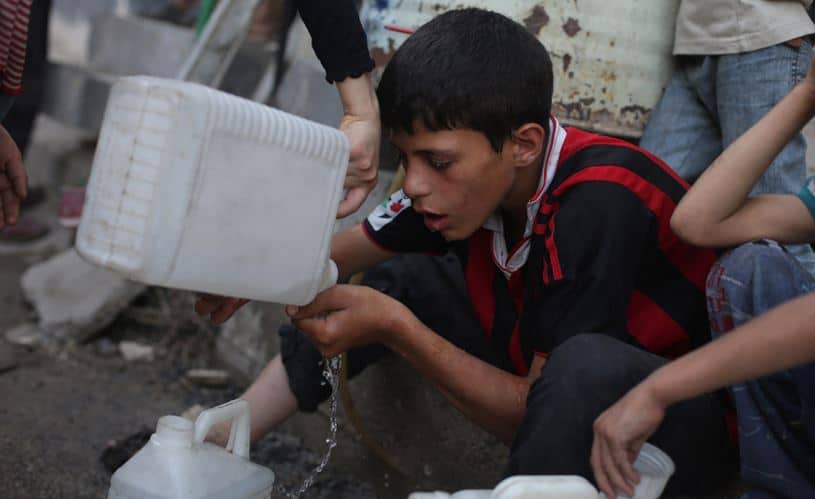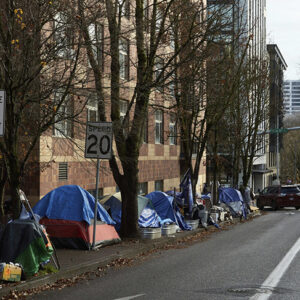
While much of the world’s population was busy celebrating winter holidays and the end of the calendar year, Syrians living in Damascus found themselves without running water. For much of the past month, Damascus residents have been in the midst of an intense water crisis, leading to long lines at wells and a dearth of resources in the city. Though some other notable droughts abroad have been caused by severe droughts or other climactic factors, Damascus’ water crisis is just another casualty of Syria’s nearly six-year internal conflict that has seen it become a battleground for rival “proxy” factions of the United States and Russia.
However, Damascus’ water crisis did not come about solely due to in-fighting between pro-government and anti-government groups. Evidence suggests that the crisis was deliberately engineered by rebel groups as a last-ditch attempt to gain leverage as recent and impressive advances by the Syrian Army had significantly reduced rebel holdings throughout the country. Rebels located in the Barada valley, which historically supplies most of Damascus with water, allegedly contaminated the key reservoir in the area with diesel fuel, which led to the initial shut off of the capital’s water supply. Following this initial contamination, each side traded accusations that the other had also damaged the infrastructure of the reservoir. Though many Western newspapers were quick to imply that the Syrian government was to blame for cutting off the water supply to its own headquarters, they overlooked the fact that rebel forces had repeatedly threatened to target the Wadi Barada reservoir. A video released during the crisis showed rebel groups threatening to detonate explosives in a tunnel used to bring water to Damascus as a means to physically deprive the population of water. Depriving a civilian population of its water access constitutes a war crime, which the United Nations has admitted, though they have stopped short of placing blame.
Yet, finally, another recent military victory has finally put the nearly month-long water crisis to an end. The Syrian military were afforded another key victory last week when they reclaimed the Wadi Barada valley from rebel hands. A successful operation to seize a nearby village allows the Syrian Army to cut rebels off from the Al-Fijah Springs, which left rebels with the unpleasant options of either starving to death or surrendering. Since the area has been reclaimed, technicians and engineers have eneered the area in order to begin the re-building key infrastructure that brings clean water to the Syrian capital. However, much of the Wadi Barada region remains in rebel hands, though an upcoming reconciliation agreement is set to lead to its full surrender to Syrian forces.
As True Activist reported recently, the Syrian government is well on its way to reclaiming its land, resources, and infrastructure from anti-government and foreign-funded factions. However, that will only remain the case as long as the US government or its allies don’t directly intervene. Interestingly, last Friday – the same day that the Syrian government reclaimed the Wadi Barada reservoir – Israel bombed a major military airport near Damascus in close proximity to Assad’s personal residence. This bombing – and any others that may occur before Obama officially leaves office on Friday – are a clear attempt to provoke Assad into attacking a foreign power, thereby justifying a foreign invasion of Syria. Western powers, which have invested so much in their attempts to depose Assad, are unlikely to sit idly by as their rebels become increasingly irrelevant. At least, for the moment, some semblance of normalcy is starting to return to Damascus with the restoration of its water supply.
What are your thoughts? Please comment below and share this news!
This article (Clean Water Returns to Damascus as Syria Reclaims Key Water Source from “Rebels”) is free and open source. You have permission to republish this article under a Creative Commons license with attribution to the author and True Activist.


